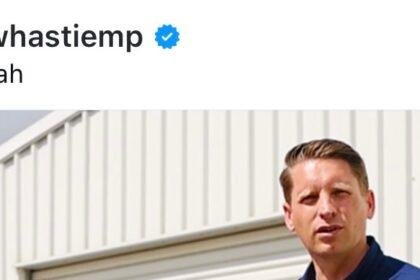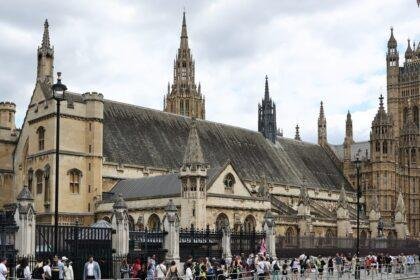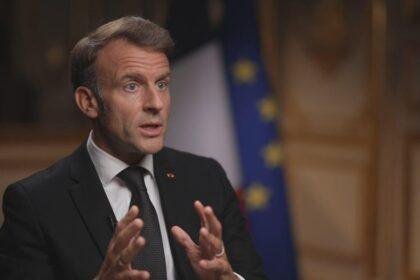Trump Halts Diplomatic Efforts with Venezuela Amid Drug Trafficking Concerns
In a significant shift in U.S. foreign policy, President Donald Trump has reportedly ceased all diplomatic discussions with Venezuela, a move aimed at combating drug trafficking and the influence of cartels operating within the United States. This decision, as reported by the New York Times, could signal an escalation in military actions against both drug traffickers and the Venezuelan government led by President Nicolás Maduro.
Diplomatic Talks Come to an Abrupt End
The abrupt termination of negotiations was communicated to Richard Grenell, the special presidential envoy for Venezuela, on October 2. During a meeting with military leaders, Trump expressed his frustration over what he perceives as Maduro’s unwillingness to engage constructively. The administration has long accused the Venezuelan government of facilitating drug trafficking, labeling it a “narco-state.”
In September, Maduro had reached out to Trump, denying allegations of drug trafficking and proposing further negotiations through Grenell. However, the U.S. administration’s patience appears to have worn thin, particularly in light of Maduro’s refusal to step down voluntarily, a sentiment echoed by senior officials.
Historical Context: U.S.-Venezuela Relations
The relationship between the United States and Venezuela has been fraught with tension for decades, particularly since Hugo Chávez assumed the presidency in 1999. Chávez’s socialist policies and anti-American rhetoric set the stage for a contentious relationship that has only intensified under Maduro’s leadership. The U.S. has imposed numerous sanctions on Venezuelan officials, including Maduro himself, who faces drug trafficking charges and a $50 million bounty for his arrest.
Historically, U.S. interventions in Latin America have often been controversial, with critics arguing that they have led to long-term instability. The current situation raises questions about the potential consequences of military action in Venezuela, a country already grappling with severe economic and humanitarian crises.
Military Options on the Table
With diplomatic avenues now closed, the Trump administration is reportedly considering various military options aimed at destabilizing Maduro’s regime. This includes potential operations to remove him from power, a strategy that has been discussed among senior officials. The administration’s recent designation of cartel members as “unlawful combatants” further underscores its commitment to treating drug trafficking as a national security threat.
The Pentagon has also noted increased military activity in the region, including strikes against suspected cartel vessels near Venezuelan waters. This escalation could lead to heightened tensions not only between the U.S. and Venezuela but also with neighboring countries that may be drawn into the conflict.
The Broader Implications of U.S. Actions
The decision to halt diplomatic talks and consider military options comes at a time when the U.S. is grappling with its own domestic challenges related to drug abuse and trafficking. The opioid crisis has claimed countless lives, and the administration’s focus on combating drug trafficking reflects a broader strategy to address this pressing issue.
Moreover, the U.S. has a complex history of military interventions in Latin America, often justified under the guise of combating drug trafficking or promoting democracy. Critics argue that such actions can lead to unintended consequences, including increased violence and instability in the region.
Conclusion: A Turning Point in U.S.-Venezuela Relations
President Trump’s decision to end diplomatic discussions with Venezuela marks a pivotal moment in U.S. foreign policy. As the administration weighs military options against a backdrop of escalating tensions, the potential for conflict looms large. The implications of this shift extend beyond Venezuela, raising questions about the future of U.S. involvement in Latin America and the ongoing battle against drug trafficking. As the situation unfolds, the international community will be watching closely to see how these developments impact both regional stability and U.S. domestic policy.











